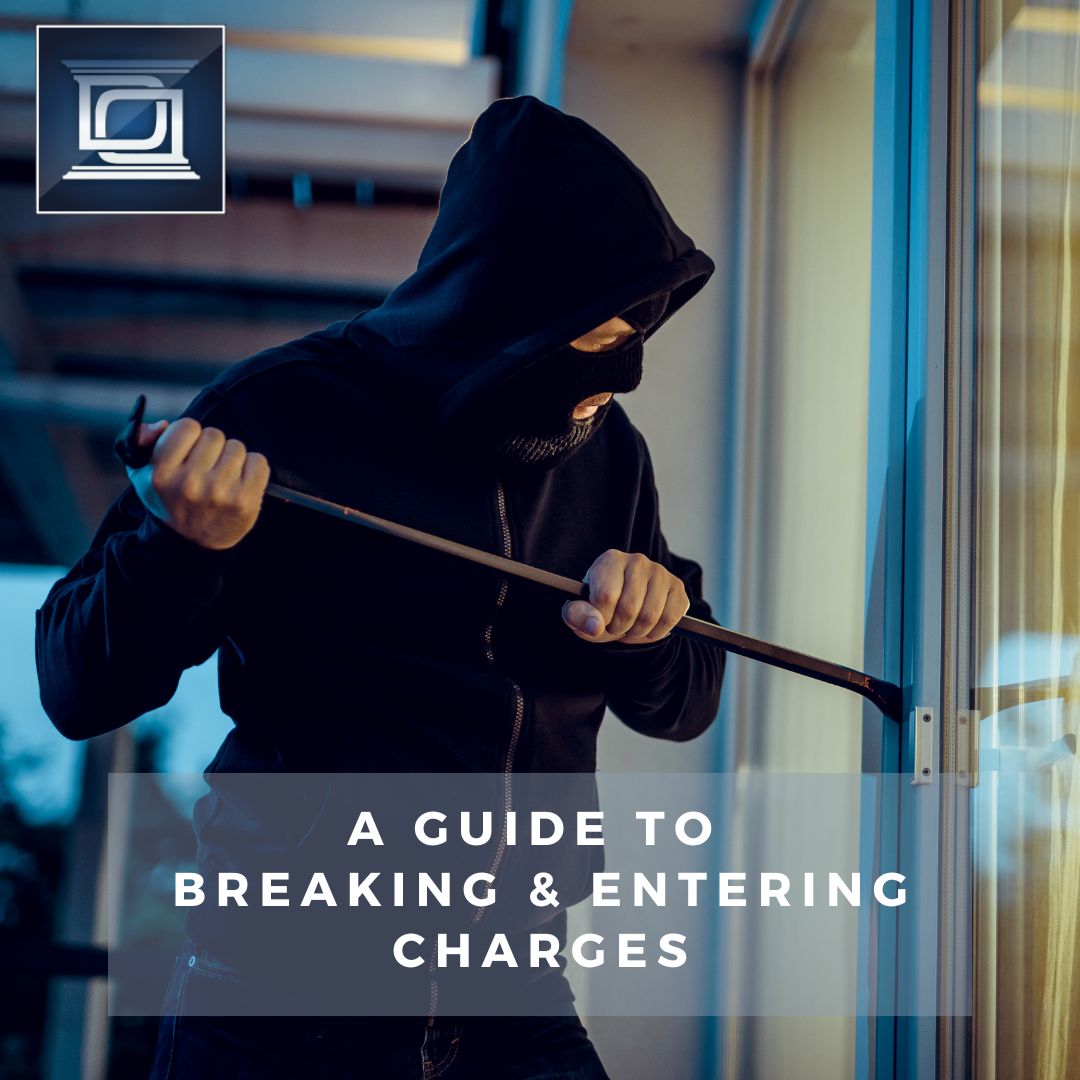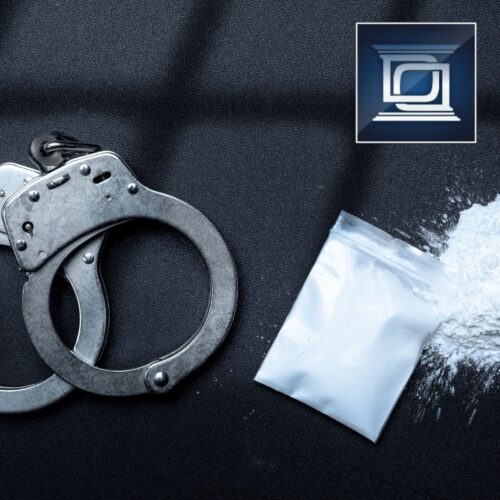In British Columbia, the offense of breaking and entering is covered under the Criminal Code of Canada. Breaking and entering refers to the unlawful entry into a place with the intention to commit a criminal offense, typically theft or mischief. Here’s what constitutes breaking and entering in BC:
- Breaking: Breaking refers to any act of physically forceful entry or unauthorized access into a place. It can involve actions like forcibly opening a door or window, using tools to gain entry, removing or damaging barriers, or any other action that allows entry without permission.
- Entering: Entering means actually gaining access into a place without lawful authority or permission. Once an individual has crossed the threshold into the premises, they can be charged with breaking and entering if the other elements are satisfied.
- Place: The offense can occur in various types of locations, including residences, businesses, vehicles, storage units, or other structures where people have a reasonable expectation of privacy or security.
- Criminal Intent: For the offense of breaking and entering to be established, there must be evidence of criminal intent. This means that the person entered or remained in the place with the intention to commit an indictable offense, typically theft, mischief, or any other offense specified under the Criminal Code.
Breaking and entering can be a serious criminal offense with potential legal consequences. The penalties for breaking and entering vary depending on the circumstances, including the presence of aggravating factors such as the use of weapons or violence, the value of property stolen, and any prior criminal record. Penalties can range from fines to imprisonment, and the specific sentence will be determined by the court based on the circumstances of the case.
A criminal defence lawyer, like those here at Dhanu Dhaliwal Law Group can provide valuable assistance to someone charged with breaking and entering in several ways. Here are some ways in which a defence lawyer can help:
- Legal Advice and Guidance: A defense lawyer will explain the charges and the legal process to the accused, ensuring they understand their rights and options. They will provide guidance on how to navigate the legal system and make informed decisions throughout the case.
- Building a Strong Defense Strategy: A skilled defense lawyer will review the evidence, police reports, and witness statements to identify weaknesses or inconsistencies in the prosecution’s case. They will work to build a strong defense strategy tailored to the specific circumstances, which may involve challenging the evidence, questioning the legality of the search or seizure, or presenting alternative explanations for the accused’s actions.
- Investigating the Case: A defense lawyer will conduct a thorough investigation into the facts surrounding the breaking and entering charge. This may involve visiting the scene, interviewing witnesses, gathering additional evidence, or employing experts, if necessary. The goal is to uncover any information that may support the defense or cast doubt on the prosecution’s case.
- Negotiating with the Crown: In some cases, a defense lawyer may engage in negotiations with the Crown prosecutor to explore the possibility of resolving the matter through a plea bargain or alternative measures. This could involve seeking reduced charges, a lesser sentence, or diversion programs that may result in avoiding a criminal record.
- Court Representation: If the case goes to trial, a defense lawyer will provide skilled representation in court. They will present the defense’s case, cross-examine prosecution witnesses, challenge evidence, and advocate for the accused’s rights and interests throughout the trial process.
- Sentencing Advocacy: If the accused is found guilty or decides to plead guilty, a defense lawyer can present mitigating factors and arguments during the sentencing phase. They may advocate for a more lenient sentence, alternative sentencing options, or rehabilitation programs to address the underlying issues and promote the accused’s successful reintegration into society.
- Legal Support and Protection: A defense lawyer will ensure that the accused’s rights are protected at every stage of the legal process. They will work to prevent any violations of constitutional rights, challenge unlawful or improperly obtained evidence, and ensure fair treatment by the court.
It is important to seek legal representation from a qualified criminal defense lawyer as soon as possible after being charged with breaking and entering. They will provide personalized advice and representation based on the specific facts of the case, working diligently to secure the best possible outcome for the accused.
Get in touch with the team at Dhanu Dhaliwal Law Group today by filling out our contact form or by calling us at 604-746-3330.





